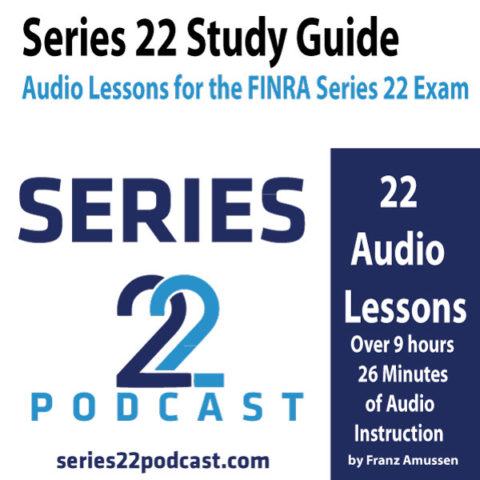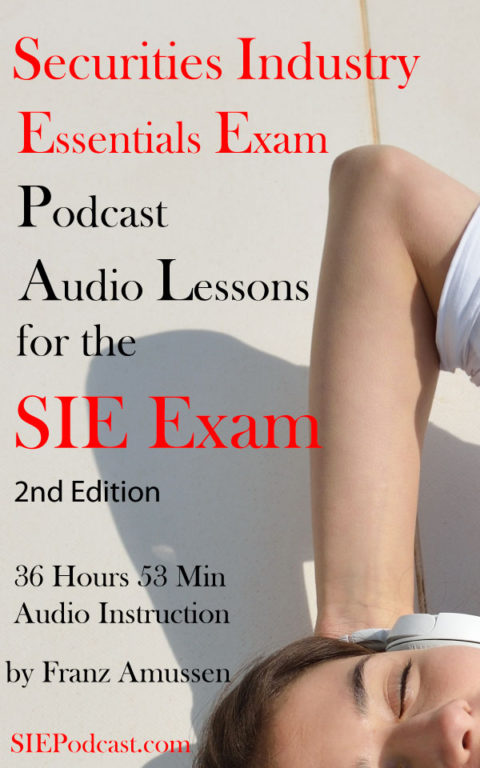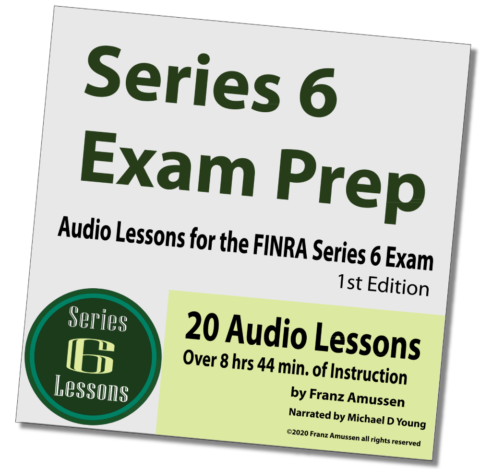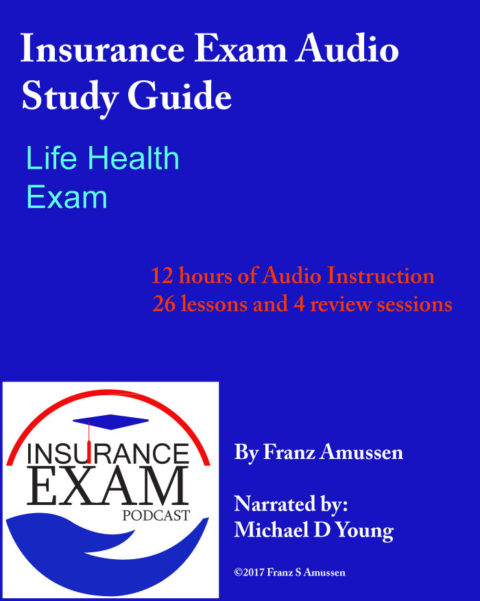Lesson 11 DPP Offerings:
The SEC and FINRA have different rules about how limited partnerships are distributed. They can be directly distributed by a sponsor, through a sponsor managed offering, or through a broker-dealer. In the final case, the broker-dealer will enter into a distribution agreement with the sponsor and then they have to make sure all records are maintained and have to run the operations of the limited partnership, all while following FINRA rules, whether it is a public or private offering.
The underwriter has to submit the following things for FINRA to review:
Three copies of any registration statement
Three copies of any pre- or post- amendments
Three copies of any underwriting agreement/escrow agreements
Three copies of the final registration statement
A filing fee
Private Placements
Any time a firm offers private placement, they have to submit the following to FINRA within 15 calendar days of the first sale:
-private placement memorandum
-term sheet/offering document
-any updates or amendments
-a questionnaire giving information about participating members. One filing member can submit this questionnaire if there are multiple FINRA broker-dealers.
They have to submit what type of security is being offered, the minimum investment required, whether the issuer has raised capital in the last 12 months, whether the issuer has sold to any non-accredited investors, whether the offering is done a contingency basis, and the date when the filing member first offered or sold these securities.
Most of the time, they are required to provide a stated/target rate of return. Private placements, institutional investors, qualified purchases, and qualified institutional buyers are exempt from this rule.
FINRA member firms can also try to raise capital through a subordinated loan, which is a loan that allows a broker-dealer to operate his or her business. It is exempt from the above rule, but they still do have to file a subordinated loan agreement with FINRA and the SEC.
One thing that FINRA monitors is the costs that come with organizing and offering a DPP. They make sure that these expenses are not unfair and no FINRA member should participate in one if they are. Here are some of the things that FINRA considered unreasonable:
-operating expenses that are greater than 15% of the gross proceeds.
-total compensation to the underwriters that is more than 10% of the gross proceeds.
-releasing compensation to anyone before the release of the proceeds from escrow.
-requiring investors to reinvest their dividends into the program.
-non-accountable expenses that exceed 3% of the gross proceeds.
Certain expenses should be reimbursed/repaid through the offering proceeds, such as printing/mailing materials for paperwork, legal and accounting services, non-transactional base compensation paid to employees, fees paid to create the escrow account, and registration expenses from registering with the federal and state agencies.
All forms of compensating the underwriters have to be disclosed in the prospectus or any other type of offering document.
Suitability
Before issuing securities, each sponsor has to decide on the minimum financial requirements that investors will have to meet, such as income and net worth requirements. These requirements should be higher the higher the risk is going to be. Usually, this is about this is about $70,000 of income per year and a minimum net worth of $70,000 or a total net worth of $250,000. If the offering is made to non-accredited investors, additional requirements have to be met. Non accredited investors have to be given the same information beforehand as accredited investors. They have to recieve financial statement info and the sponsor needs to be available to answer questions.
When looking at suitability, you need to ask the following questions:
Does the investor meet the minimum financial requirements?
Will the investor reasonably benefit from being in the program?
Does the objective of the program align with the investor’s objectives?
Can the investor bear the economic risks presented by the program? Does he or she understand them?
Does the investor understand the program’s lack of liquidity? Does he or she have no need for liquidity?
Do they understand the restrictions on transferring their ownership interest?
Does the investor have the ability to investigate the background of the sponsor of the program?
Does the investor understand the tax consequences/benefits of being part of the program?
As part of the subscription agreement, the sponsor may require the investor to confirm certain things, such as whether they meet the financial requirements, whether they are purchasing this for themselves to invest, that they can take the associated risks, and that they can bear the lack of liquidity. Unless they have a fiduciary, the investor has to sign the subscription agreement personally.
No sponsor can require investors to make unreasonable acknowledgements or give up certain rights. The following are not allowed:
Making them sign a statement that misrepresents the financial status of the partnership, their investment objectives, ,their risk tolerance, their need for liquidity, their investment experience, or anything else that causes them to relinquish their legal rights.
If you issue restricted securities through a private placement, SEC Rule 506 requires you to file form D within 15 days of the first sale of securities. You can be excluded from being able to use rule 506 if you have had a disqualifying event after September 23rd, 2013 (Frank-Dodd Act). If you had one before that time, it simply need to discolose that. These include the following:
Being convicted of a crime that relates to purchasing or selling securities.
Being convicted of making false statements to the SEC.
Being convicted of a crime while acting as an underwriter or broker-dealer, etc.
Being barred from another professional license or being barred from a professional organization, such as FINRA.
SEC orders that revoke a person’s broker registration
And other such crimes.
If you are ready to get serious and want the full series of Series 22 Audio Lessons…
In order to take the Series 22 Exam you must also Pass the SIE Exam
We also have audio lessons for the following exams:
Podcast: Play in new window | Download








